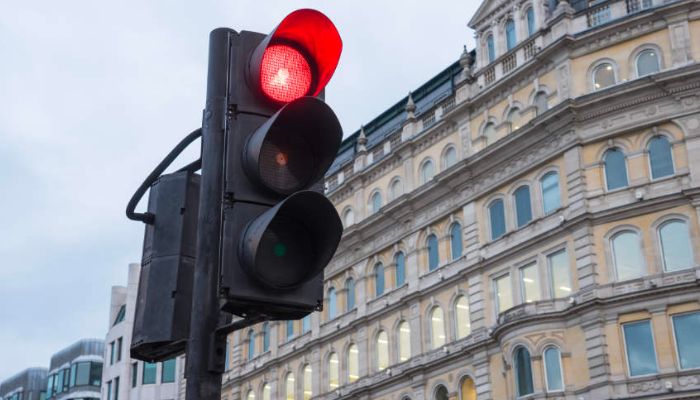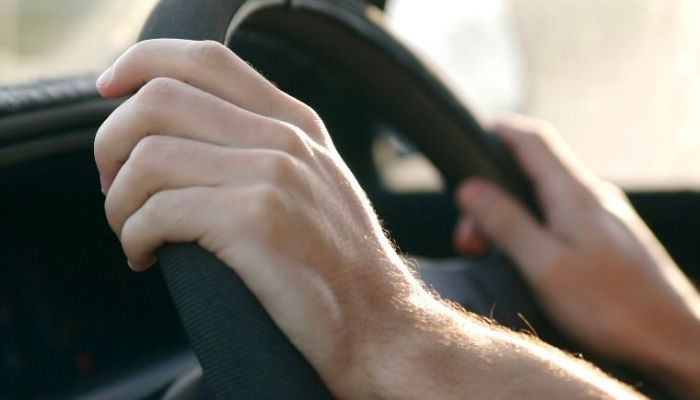
Representation in Traffic-Related Offences
Navigating the complexities of traffic law requires a nuanced understanding of both the legal framework and the practical implications of traffic offences. Whether it’s a minor infraction or a serious criminal charge, the consequences of traffic-related offences can have a profound impact on an individual’s life, from demerit points and large fines to licence suspension and even jail time. This blog post, the first of a two-part series, aims to shed light on the importance of legal representation in traffic offences and the role of traffic lawyers in achieving the best possible outcome for their clients.
The Spectrum of Traffic Offences
Traffic offences range from minor infractions, such as exceeding the speed limit or using a mobile phone while driving, to major criminal offences like reckless driving, drink driving, and dangerous driving. Each offence carries its own set of penalties, which can include fines, demerit points, licence suspension, and in severe cases, imprisonment. The gravity of these consequences underscores the importance of understanding the nature of the offence and the legal options available.
The Role of Traffic Lawyers
Traffic lawyers specialise in the field of traffic law and are well-versed in the nuances of traffic offences and their potential consequences. They provide invaluable legal advice, represent clients in court, and work diligently to ensure their clients’ rights are protected. From the moment a client receives an infringement notice or is caught driving without a valid licence, experienced traffic lawyers can offer guidance on how to proceed, whether it’s challenging the offence, pleading guilty with a plea in mitigation, or navigating the complexities of the magistrates court.
Representation by a skilled traffic lawyer is crucial, especially when the stakes involve criminal charges that could result in a criminal record. These legal professionals are familiar with the legal system, the magistrates court procedures, and the most effective strategies for defending traffic related charges. Their expertise allows them to identify possible defences, negotiate with prosecution, and advocate for reduced penalties or alternative sentencing options that may not be immediately apparent to someone without legal training.

Pleading Guilty and Court Representation
Deciding to plead guilty to a traffic offence is a significant decision that should be made with full awareness of the consequences. Traffic lawyers play a key role in advising their clients on the implications of pleading guilty, including the potential impact on their driving record, criminal record, and future employment opportunities. They can also assist in preparing a plea in mitigation, highlighting factors that may lead to a more lenient sentence, such as the client’s driving history, personal circumstances, and any actions taken to mitigate the risk of reoffending.
When attending court is necessary, whether to contest a charge or enter a plea, having legal representation is invaluable. Traffic lawyers are adept at navigating court procedures, speaking on behalf of their clients, and presenting arguments to the magistrate in the most persuasive manner possible. Their aim is to secure the best possible result, whether that’s a dismissal of charges, a reduction in penalties, or avoiding licence suspension.
Strategic Defence and Negotiation
A cornerstone of effective legal defence in traffic offences lies in the strategic approach adopted by experienced traffic lawyers. These legal professionals meticulously review the details of each case, from the circumstances surrounding the offence to the manner in which evidence was collected and presented by police officers. This thorough analysis is crucial in identifying weaknesses in the prosecution’s case or procedural errors that could lead to the dismissal of charges.
Traffic lawyers are also skilled negotiators, often engaging with the prosecution to discuss the possibility of reducing charges, especially in cases where the offence may lead to severe penalties or a criminal record. Through negotiation, lawyers can argue for lesser charges that come with reduced fines and penalties, or in some instances, arrange for alternative sentencing options that avoid licence suspension or jail time.
Tailored Defence Strategies
Every traffic offence case is unique, requiring a tailored defence strategy that considers the specific details and circumstances of the offence. Traffic lawyers leverage their deep understanding of traffic and criminal law to craft defences that align with their client’s best interests. For example, in cases of drink driving or excessive speeding, they may present evidence of the client’s otherwise good character, or argue that the client’s actions were out of character and unlikely to be repeated.
In instances where technical defences arise—such as questioning the accuracy of speed detection devices or the legality of a traffic stop—traffic lawyers can challenge the evidence presented by the prosecution, potentially leading to a favourable outcome for their client. This level of detailed defence is often beyond the reach of individuals without legal expertise, highlighting the value of professional legal representation.

The Importance of Legal Advice Early On
One of the most critical aspects of handling traffic-related offences is seeking legal advice at the earliest opportunity. Early consultation with a traffic lawyer can significantly influence the course of a case, from advising on how to respond to an infringement notice to preparing for a court appearance. Legal professionals can provide clear guidance on the implications of pleading guilty versus contesting the charge, helping clients make informed decisions that align with their best interests.
Moreover, traffic lawyers can assist in ensuring that all procedural requirements are met, such as filing notices or preparing documents within the stipulated deadlines. This proactive approach can prevent inadvertent errors that may complicate the case or adversely affect the outcome.
Long-Term Benefits of Legal Representation
The benefits of securing legal representation in traffic-related offences extend beyond the immediate resolution of the case. A skilled traffic lawyer can help minimise the long-term impact of a traffic offence, protecting the client’s driving record, avoiding increases in insurance premiums, and preserving their employment prospects. In cases where a criminal record could result from a traffic offence, professional legal representation is invaluable in defending against such outcomes.
Furthermore, traffic lawyers can offer advice on improving driving habits and complying with road safety laws, contributing to a positive change in behaviour that reduces the risk of future offences. This holistic approach not only addresses the legal aspects of traffic offences but also promotes safer driving practices among clients.
Conclusion
The representation of skilled traffic lawyers in traffic-related offences is paramount in navigating the complexities of the legal system, securing the best possible outcome, and mitigating the long-term consequences of traffic offences. Through strategic defence, informed decision-making, and expert negotiation, legal professionals play a crucial role in upholding the rights and interests of individuals facing traffic charges. As we have seen, the value of experienced legal representation cannot be overstated, underscoring the importance of seeking professional advice at the earliest stage of a traffic-related legal issue.
This article is of a general nature and is intended for information only. It should not be relied upon as legal advice. If you require further information, advice or assistance for your specific circumstance, please contact us at Bouchier Khan Lawyers.
